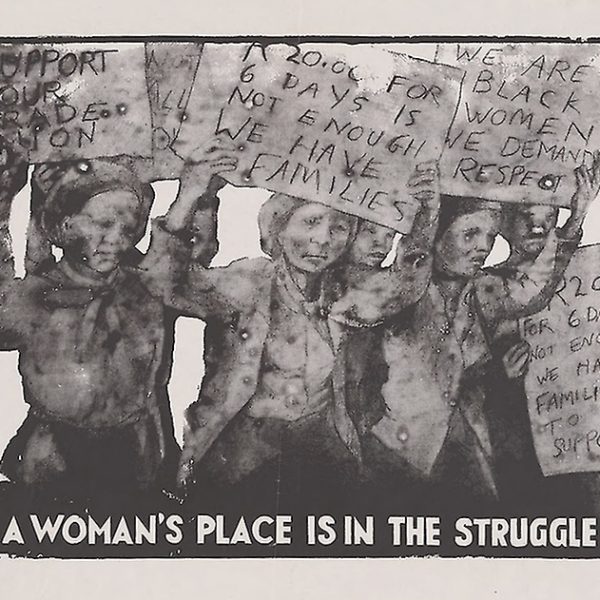Leila Ahmed on the History of the Veil
 Leila Ahmed is best known as the first professor of women’s studies at Harvard Divinity School. In 1992, Yale University Press published her seminal book, Women and Gender in Islam, establishing the discourse for contemporary gender analysis in the historical and social contexts of Islam. Her latest book, A Quiet Revolution: A History of the Veil, from the Middle East to America, returns to women’s role in Islam, looking at the resurgence of the veil across the world in the last two decades and reaching conclusions that were surprising to the Cairo-born scholar.
Leila Ahmed is best known as the first professor of women’s studies at Harvard Divinity School. In 1992, Yale University Press published her seminal book, Women and Gender in Islam, establishing the discourse for contemporary gender analysis in the historical and social contexts of Islam. Her latest book, A Quiet Revolution: A History of the Veil, from the Middle East to America, returns to women’s role in Islam, looking at the resurgence of the veil across the world in the last two decades and reaching conclusions that were surprising to the Cairo-born scholar.
Yale University Press: What led you to write a book about the veil?
Leila Ahmed: I didn’t set out to write a book about the veil, but rather to understand how Islam was making rapid gains internationally, including in the West, from the late 1990s on. The reappearance of the veil signaled to me the resurgence of Islamism. Even in Muslim-majority societies the sudden spread of veiling astounded and baffled many and sent scholars scrambling. How did the Islamic Resurgence encourage women to voluntarily adopt the veil, or hijab? What did the veil’s return mean for contemporary Islam and for Islam in the West? Feeling that no compelling explanation for this phenomenon had yet been offered, I embarked on this project.
 YUP: What unique perspective do you bring to the story?
YUP: What unique perspective do you bring to the story?
LA: I grew up in Cairo in the 1940s and 1950s, when the overwhelming majority of urban women, including deeply religious women, wore no veil. I knew, therefore, that the veil’s resurgence was about more than a growing religiosity among Islamic women.
YUP: What in your research surprised you about the subject?
LA: The most astonishing and wildly unexpected finding for me was the leadership roles that Muslim women play in the activist struggles for women’s rights and social justice in the West. Very often these activists are women who have been influenced by Islamism and the teachings of the Muslim Brotherhood, and many of them wear the veil. This dramatically challenged the assumptions with which I’d begun.
YUP: What impact do you hope your book will have?
LA: I hope it will greatly complicate the narratives that many Muslims and non-Muslims have, both of the veil and of the Islamic revival’s lively and evolving legacy. I also hope it will significantly nuance our ideas about Muslim women’s place in our global world.




it is especially astonishing the spread of hijab among Muslims in nigeria in recent decades, and even some non muslim women wear hijab thinking covering gives more security and respect.